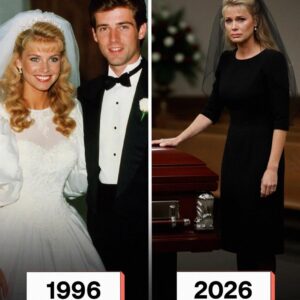For months, former President Donald Trump has spoken confidently about the momentum behind his second term — a message of strength, control, and steady leadership. But new national polling paints a more complicated picture, suggesting a growing divide between how Trump views his presidency and how many Americans currently feel about the direction of the country. With rising living costs, political tension, and global uncertainty shaping daily life, voters appear to be reassessing the progress they believed they would see.
According to a recent CNN/SSRS survey of 1,245 U.S. adults, Trump’s approval rating has fallen to 37%, down from 47% earlier this year. This places his current standing near one of the lowest points of his presidency, similar to levels recorded after the events of January 6, 2021. Meanwhile, 63% of respondents say they disapprove of his performance. The broader mood is somber as well — 68% of Americans feel the country is doing “pretty/very badly,” with only 32% saying things are going well.
The economy remains the dominant concern. Nearly half of those surveyed — 47% — say inflation, rising costs, and financial strain are the most pressing issues facing the nation. Another 26% point to concerns about democracy and political stability. While immigration remains a key theme in Trump’s messaging, only 10% of respondents named it as their top concern. When asked about policy impact, 61% believe Trump’s decisions have made economic conditions worse, while 56% feel U.S. global standing has been harmed during his time in office.
As frustration rises, so does scrutiny of presidential authority — 61% of respondents say Trump has gone “too far” in using executive power. The poll also suggests the upcoming midterm elections could become a referendum on his leadership, with 41% of voters saying their ballot will be a vote against him and 21% saying it will be a show of support. Trump has dismissed the poll as biased, insisting his real support is stronger than reported. With political stakes rising and public opinion shifting, America enters its next election cycle with significant tension — and the question of whether these numbers reflect a temporary dip or a lasting shift in national sentiment.





